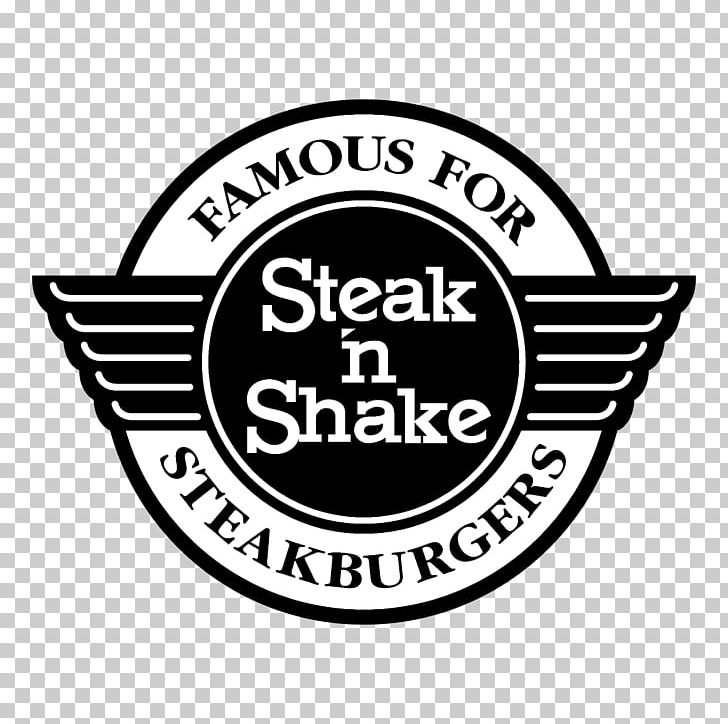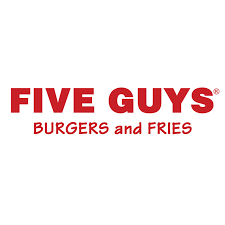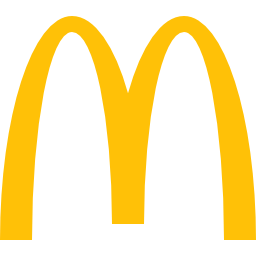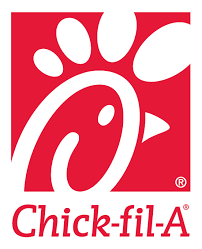How to Buy a Franchise with Little or No Money? (2025)
Looking to buy a franchise but short on cash? Discover practical financing options—from partnerships and SBA loans to ROBS plans—that can help make your dream a reality. Learn how to start with minimal funds!
Table of Contents:
Introduction
Entering a business is challenging – you need lots of things like business acumen, some industry knowledge, ideas for a business, and so on. However, the most important thing by far is money. You need it to do pretty much anything from paying fees to building out your location, advertising your business, and hiring employees.
Franchises can provide you with a proven business model to use and one that if used correctly can make you a lot of money. However, starting and running a franchise takes up a lot of money. You need it to pay the initial fees, acquire the real estate, hire employees, buy the initial inventory, and the list goes on.
The following are some ways that can be used to help finance your new business venture if you do not have the capital ready:
Franchise Partnerships
If you don’t have the finances to start the franchise on your own, you can consider bringing on a partner who can finance the project. This investor can be a friend, family member, or even an old work colleague – you might get very lucky and make it big on Shark Tank, but we hedge our bets against it. That said, if you choose this route, be aware that you will be giving up partial control of the business. You want to work with a partner that you trust entirely and whose goals align with yours. It is in your best interest to draw up a solid partnership agreement that outlines everyone’s responsibilities, rights, and allocation of profits.
Franchise Partnerships Starting at $10,000
Chick Fil-A
There is another type of partnership – one with the franchisor directly. In this relationship, the level of investment can be as low as $10,000. What ends up happening is that the company builds the whole store for you, provides you with inventory and everything else and you are in partnership with the company for the management of the store. This partnership can vary from you just being an employee of the company to you being a contractual partner. In due time, you might also be able to buy the location from the franchisor and become a full owner, but that depends on the franchisor and your contract and understanding with the company.
Let’s look at a Chick-Fil-A partnership. For the uninitiated, the company serves fried chicken in a quick-service restaurant model. Chick-fil-A opened its first stand-alone location in Atlanta, Georgia in 1986. There began implementing store traditions such as its famous “Sunday Closures” which remain a part of the concept’s business model to this day. Today, Chick-fil-A currently has more than 2,300 stores in the United States. Now is focusing on expanding internationally across the United Kingdom and Canada, in addition to its developments in the US. Chick-fil-A’s headquarters are still located in Atlanta, Georgia.
The company’s franchise model deviates from most others. It is financially responsible for all startup costs including real estate, restaurant construction, and store equipment. Moreover, Its franchisees rent it for an initial investment of $10,000; an ongoing royalty fee of 15%, and an additional fee of 50% of pretax profit remaining.
Despite the relatively simple initial financial requirements to own a Chick-fil-A franchise, however, the franchisor acceptance rate is as low as 0.4%. Also, candidates have to undergo an extensive application profile. This includes being one of the 80 initial applicants selected amongst the more than 20,000 inquiries.
Amongst the top brands leading the QSR ranking, Chick-fil-A was ranked eighth by QSR in 2018 after having generated $9 billion in sales that year. This number surprising given that all of its stores are closed on Sundays. Also, it only operates 2,225 restaurants – less than one-sixth as many as the top three earning restaurants ranked on QSR.
Steak and Shake
Steak and Shake also offers a similar opportunity. Steak And Shake franchise (also known as Steak ‘n Shake) is a classic American brand serving premium burgers and milkshakes.
For a total investment of $10,000 selected franchisees (who are called Franchise Partners) are granted the rights necessary to operate a franchised Steak ‘n Shake restaurant. Once you become a Franchise Partner of Steak ‘N Shake’s with a $10,000 investment, you earn 50% of the restaurant profits.
Steak n Shake is in a very crowded market competing with brands like Shake Shack, Five Guys, and the standard fast food companies like McDonalds, and Burger King. As seen in the Annual Net Sales data, traditional franchise restaurant locations have an average revenue of around $1.4 million which compares to the average McDonald’s restaurant that has around $2.7 million a year in sales.
We strongly recommend you speak to at least 5 Steak ‘n Shake franchisees to better understand the financials
Traditional Bank Loan
A lot of banks and credit unions offer small business loans to individuals that meet specific requirements. The following are some things you might need to get a loan for your business
- A good to high personal credit score (between 670-850)
- A good credit utilization ratio (under 30%) – in general, having a good credit utilization ratio is good even if you are not starting a business
- A long history of credit with banks
Traditional lenders like big banks like giving out loans to prospective franchisees because they have a plan and an established financial model that has been proven in the past to work. These traditional lenders are especially happy to see brands they recognize, while lesser-known franchise brands may not be as appealing.
Small Business Administration (SBA) Loans
SBA loans are a popular choice for future franchisees. The SBA is a government institution that facilitates long-term loans at competitive rates. How it works is that the SBA doesn’t actually provide loans but instead guarantees a loan from a bank or credit union. This is an excellent option for someone with a low credit score who can’t get approved for a small business loan from a bank on their own.
There are two types of SBA loans: the SBA 7A and the SBA CDA/504 loan.
SBA 7A loans offer individuals up to $5 million with repayment terms ranging from 7-25 years. These loans can be used for multiple purposes depending on the terms and conditions of your loan including real estate to franchise fees. Like with most loans, the interest rates for these loans will depend on the amount and length of the loan.
The SBA CDA/504 loan is a collaborative effort, typically broken down into:
- A nonprofit Certified Development Company (CDA) provides up to 40% of the amount needed by the franchisee.
- A bank or credit union provides up to 50% of the amount.
- The franchisee contributes the remainder of around 10%.
With an SBA CDA/504 loan, there are limitations to how the funding can be used. For example, you can’t use the loan to pay franchise fees.
While an SBA loan is easier to acquire than business loans from traditional lenders, it’s still a time-consuming process and requires the lendee to have a decent credit score.
Home Equity Loans
If you own a home, you can take out a line of credit home-based line of credit or a home equity loan. These options measure or estimate the value of the equity from your home to approve the loan or credit. Home equity is the difference between what your property is worth and what you owe on the property. For example, if a home is valued at $600,000, but you only have $200,000 left to pay, you have $400,000 in equity. Note, however, that most banks won’t let you take out a loan for the entire equity. A home line of credit allows you to access cash which is backed by the equity of your home.
A downside of home equity loans is that you put your property at risk of forfeiture if you end up defaulting on your loan. Additionally, home equity loans require a high credit score and a good debt-to-income ratio for approval.
Rollovers for Business Startups (ROBS)
ROBS allows you to use your own retirement money to start your business, skipping the process of going to a lender entirely. To qualify for a ROBS plan, you need to have either a 401(k), 403(b), or an IRA account. You will also need to work with a ROBS provider to access the money, and that provider may charge you a small, one-time fee.
Normally, taking money out of your retirement fund has a lot fo associated fees. On the contrary, with ROBS, you can avoid these fees and access your money in just a matter of weeks.
Conclusion
You should hire someone that has more information on a specific type of access to money once you know what works for you. Have a look at the listing on Vetted Biz to see what franchises are on offer. You can also take our Entrepreneur Quiz to see businesses tailored to you.







